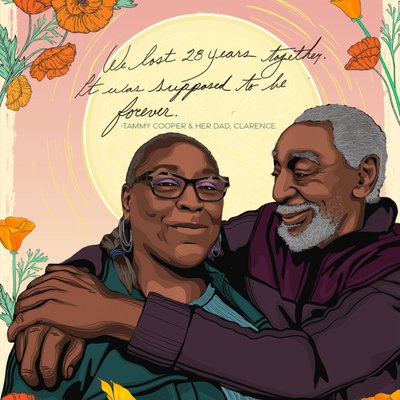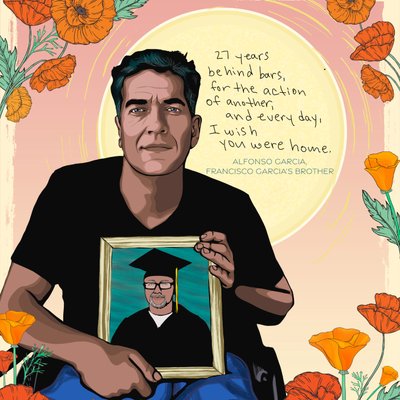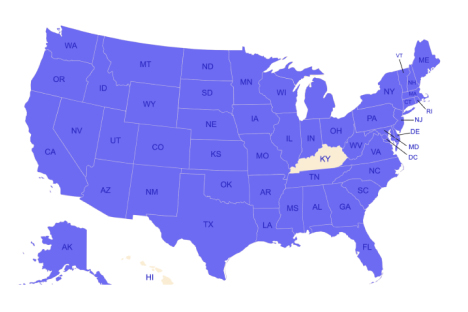IT’S TIME TO ABOLISH FELONY MURDER LAWS*
*A law that allows the State to convict a person of murder without any evidence that they killed or intended to kill anyone.
It’s Disturbingly Simple

Felony murder laws allow a person to be convicted of murder even if they did not commit murder, aid in a murder, intend to commit murder, or have any idea that a person could be killed. The only requirement is that the person participated in a felony during which a death occurred.
The landscape : policy & advocacy maps
Felony murder laws are widespread
48 out of 50 states, as well as the District of Columbia and the federal government, allow people to be charged and sentenced under felony murder schemes.
Felony Murder LawsCommunities are organizing to build collective power
Explore organizations and campaigns working to challenge felony murder, end extreme sentencing, and address related harms.
Sites of ResistanceThe Who: Felony Murder Impacts
Survivors of Violence and Trafficking
Survivors of domestic violence, intimate partner violence, sexual violence, trafficking, or other forms of exploitation, can be exposed to felony murder charges because they are present during – or coerced to participate in – their abusive partner’s violence, frequently under the risk of facing lethal violence themselves if they do not comply.
Black and Brown People
Felony murder laws disproportionately impact Black and brown people in part because of the low burden of proof these laws impose. Studies show that racial biases can impact charging decisions, especially where prosecutors have broad discretion and minimal constraints. Because felony murder laws generally do not require the State to prove an “act” that caused a death or intent to cause that death, prosecutors have fewer formal legal factors to weigh when bringing a felony murder charge. Thus, prosecutors’ decisions are less likely to be based on the strength of the evidence and more likely to be based on subjective proxies for culpability, which often include racial stereotypes.
Young People & People with Developmental Disabilities
Felony murder prosecutions target young people, frequently imposing lifetime punishments for outcomes that a young person had little capacity to anticipate. This is in part because of the power dynamics and peer pressure that young people face in group situations. The felony murder doctrine's impact on youth also intersects with its racialized impact, since Black and brown youth are perceived as older and disproportionately policed, prosecuted, and punished. Community organizers have also reported that similar dynamics of coercion and peer pressure can result in felony murder charges for people who have experienced bullying, abuse, or exclusion due to developmental disabilities.
Felony murder laws impose the most extreme punishments in the criminal legal system, condemning people to death or death-in-prison based only on their participation in a felony. The result is manifest injustice.
Spread the Word
We created these resources for organizers, advocates, and policymakers seeking to repeal felony murder laws.




